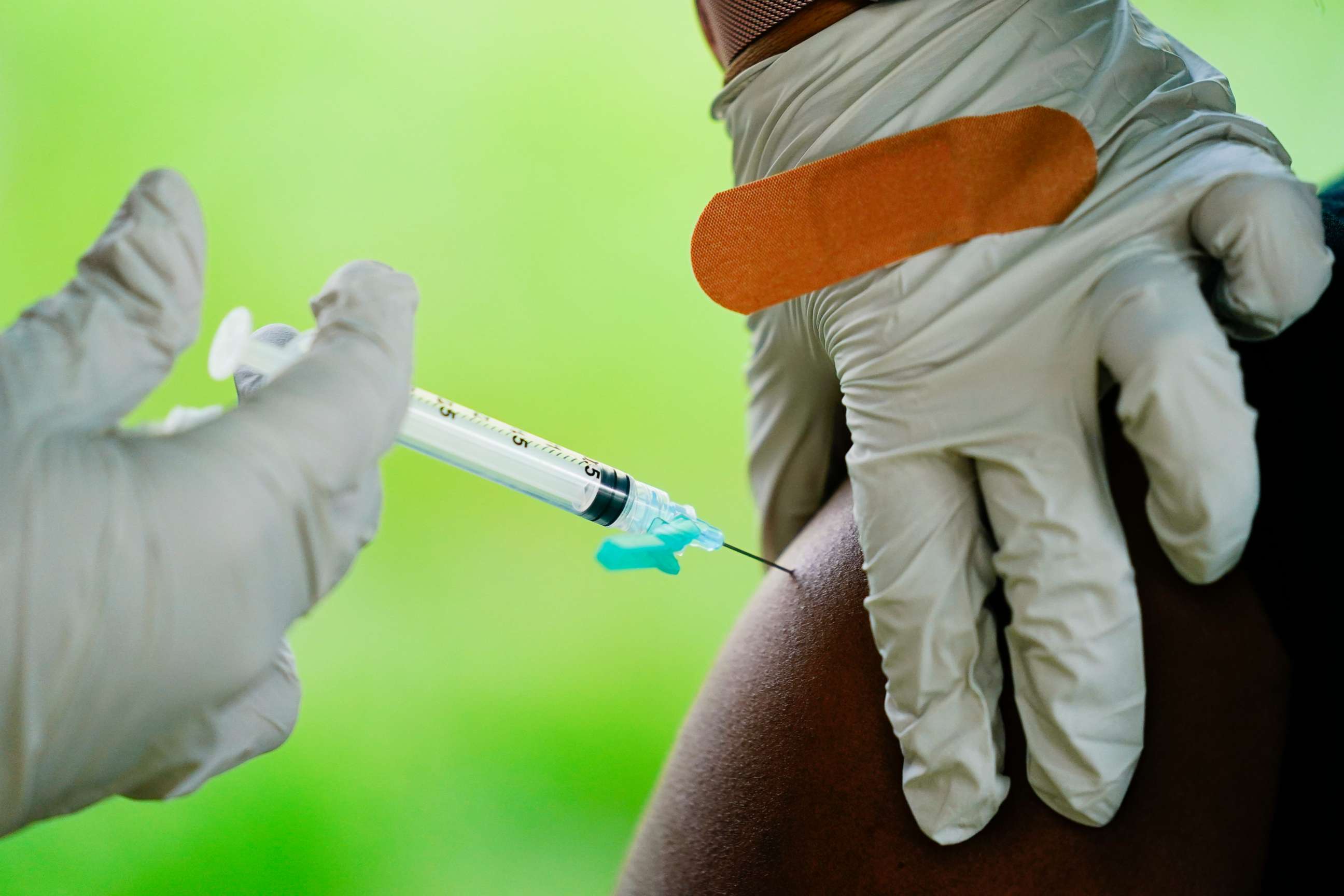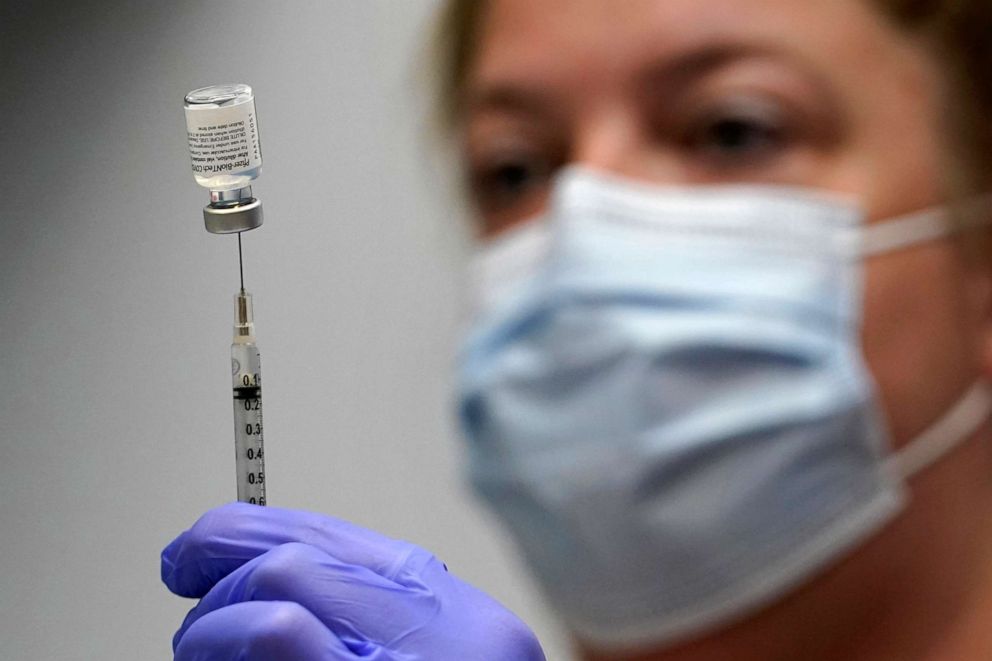Vaccine mandates work, but rollout will be a bumpy road for employers: Opinion
Mandates are essential to creating safe workplaces.
As President Joe Biden's "summer of freedom" transformed into a summer of record-high pediatric hospitalizations and an alarming surge of a new, highly contagious COVID-19 variant, public health experts increasingly agree that mandating vaccines may be the fastest way to return to normal.
Despite much handwringing, data shows that vaccine mandates are not only effective, but also popular among employees and employers. That said, companies are awaiting the details of the Occupational Safety and Health Administration rules and further guidance on boosters. It is clear that employers are facing a bumpy road in the near term.
Despite the FDA granting full approval to the Pfizer-BioNTech mRNA vaccine, the number of new people receiving their first dose now hangs at an average of 342,000 people per day. To help spur vaccination rates and the economy, Biden tapped into a key delivery channel: the workplace.
Estimated to impact around 100 million American workers, the plan requires vaccinations for all federal workers and contractors and requires all employers with 100 or more employees to mandate vaccinations or have employees face weekly testing. Employers are waiting to hear the details from the Department of Labor and OSHA, which is drafting an emergency temporary standard to carry out the mandate.

In the spring, state leaders and employers hoped they could lure populations with incentives. We know that none of the vaccination incentive programs—from the guaranteed rewards to the lotteries —led to a significant increase in COVID-19 vaccination rates.
Vaccine mandates are the most effective way to keep workplaces safe and send a clear message to the unvaccinated. Vaccination mandates in the workplace are both popular and effective. A recent Kaiser Family Foundation poll found that 51% of those surveyed were in favor of employers requiring vaccines, and a CNN poll found that 54% support vaccinations for office workers.
One leader in employer vaccination mandates, United Airlines, reported that most of its remaining unvaccinated staffers have now been vaccinated since a mandate was introduced. We believe instances like these will become the norm over the coming weeks.
Mandates are essential to creating safe workplaces, many of which have seen high levels of COVID-19 transmission. We know for example, Tyson Foods has experienced many COVID-19 outbreaks at its plants and now will require all employees to be vaccinated.
While it was initially believed that employees would resign en masse in the face of vaccination mandates, many pieces of anecdotal evidence suggests that this is not the case. Rather it is likely that the more common event is employees resigning due to a failure of their employers to protect them.

At the University of Oklahoma, some OU faculty and staff have decided to send their families out of the state or leave their jobs altogether as state policies prohibited vaccination or mask mandates.
“I have love for my department and colleagues, but I've no choice. I cannot put my children at risk because an entitled 20-year-old won't get a vaccine or wear a mask,” one staff member told the university’s student newspaper. Similar events have happened at state universities in Georgia, as one faculty member resigned on the spot as an unmasked student who refused to put on a mask. It is abundantly clear that vaccination mandates, part of a larger strategy to keep employees safe, have support from employees themselves.
Paid time off is key. In spring 2021, McDonald’s, Target and Trader Joe’s, among other companies, offered paid time off for employees to get vaccinated. The White House incorporated this policy for all employers with 100 or more employees to provide paid time off for workers to get vaccinated and for post-vaccination recovery from side effects. This is a monumental step to help increase vaccine access and will help assuage concerns over missing work due to side effects.
Employer vaccine mandates are also good for the economy. The delta variant is partially to blame for August’s slowing job growth and it threatens our country’s economic recovery. Markets soared to new highs following full approval of the Pfizer-BioNTech vaccine. Solving the public health problem will help increase consumer confidence, as already seen in some vaccinated counties.
Our national vaccination strategy needed a boost and employers continue to serve as the backbone. While we wait for OHSA policies and 3rd dose guidance, employers are mitigating the daily risks related to the variant. These acts of proactive leadership are essential to reduce risks for all.
Rebecca Weintraub, M.D., is an assistant professor at Harvard Medical School and associate physician at Brigham and Women's Hospital.
John Brownstein, Ph.D., is an ABC News contributor. He's also the chief innovation officer at Boston Children's Hospital and a professor at Harvard Medical School.
Benjy Renton is an analyst at Ariadne Labs.






